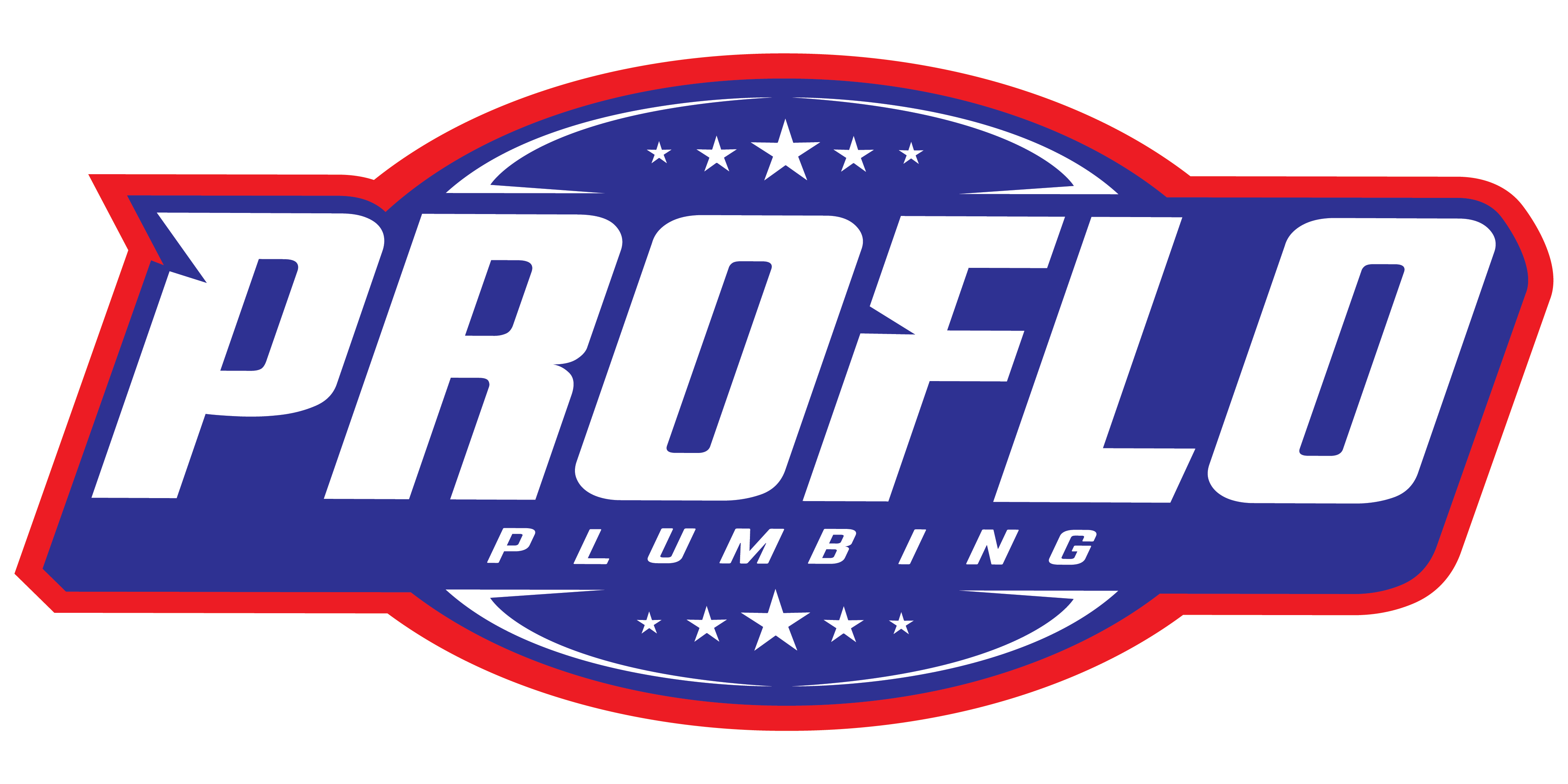BLOG
At some point in your lifetime, it is likely you have heard the terms hard and soft water, having no idea what they really mean. What’s the difference? Below are questions we should all be asking because the type of your water you have is extremely important.
So what’s the difference?
Hard water contains dissolved chemical compounds such as calcium and magnesium. While the idea of a chemical compound in your water might sound a little scary, there’s no need to worry. Hard water is not detrimental or dangerous to your health in any way. In fact, it may even offer benefits because of its richness in minerals as well as reducing the risk of potentially toxic ions within the water itself.
Water is considered to be soft when it’s treated and the only ion present is sodium. When it rains, water starts off as soft. As it continues its journey through the ground and waterways, it collects minerals such as lime, chalk, calcium, and magnesium. Despite the initial thought of collecting minerals being unsanitary, soft water isn’t actually the preferred drinking water. It can often taste salty and be unsuitable for drinking. Hard water has more health benefits and is often preferred because of the flavor.
Now that you understand the difference between the two, you might be wondering why one would choose one over the other.
Why do I need soft water if it’s not ideal to drink it?
A common household problem is water that is too hard. It leaves soap scum on your dishes, it leaves clothing looking dingy, and causes damage to your pipes and appliances. On top of all of that, hard water uses more energy and it’s all because of those added minerals. The combination of calcium and magnesium makes soap less effective and it won’t lather the same way it would with softer water.
With softer water, your normal day to day chores will be more efficient and save you more money. You’ll use less soap because it lathers better, goes farther, and cleans better. You’ll save energy because the minerals are not clogging pipes and causing more pressure. Your appliances will last longer because they’re not working as hard to do their job.
Well…why do I need hard water if it’s so bad for my day-to-day activities?
As we mentioned before, soft water is treated and left with a higher amount of one simple thing…sodium. Because of this, soft water is not recommended for anyone with circulatory problems, heart issues, or people on low sodium diets. Studies have even found that the risk of cardiovascular disease is less likely where water has a higher mineral content.
It also doesn’t taste as good. As we mention previously, soft water isn’t actually the preferred drinking water. The minerals are what makes the water taste good. Think on all the mineral waters out there that cost you quite a few dollars. It’s the same idea. Those added minerals are enjoyable, not harmful.
What should I do then? I want tasty drinking water AND efficient cleaning.
The weirdest and most complicated part of the type of water you experience is that it occurs on a spectrum. Hard water isn’t bad and soft water isn’t bad. It’s when the hard water has a higher than normal concentration of minerals that it becomes a negative. It’s when the soft water is only used for drinking that it becomes an issue. You need the perfect blend in your household to achieve the perfect equilibrium.
If you’re worried that your home may be experiencing water that is too soft or too hard, give ProFlo a call and we will come diagnose your problems as soon as possible.






